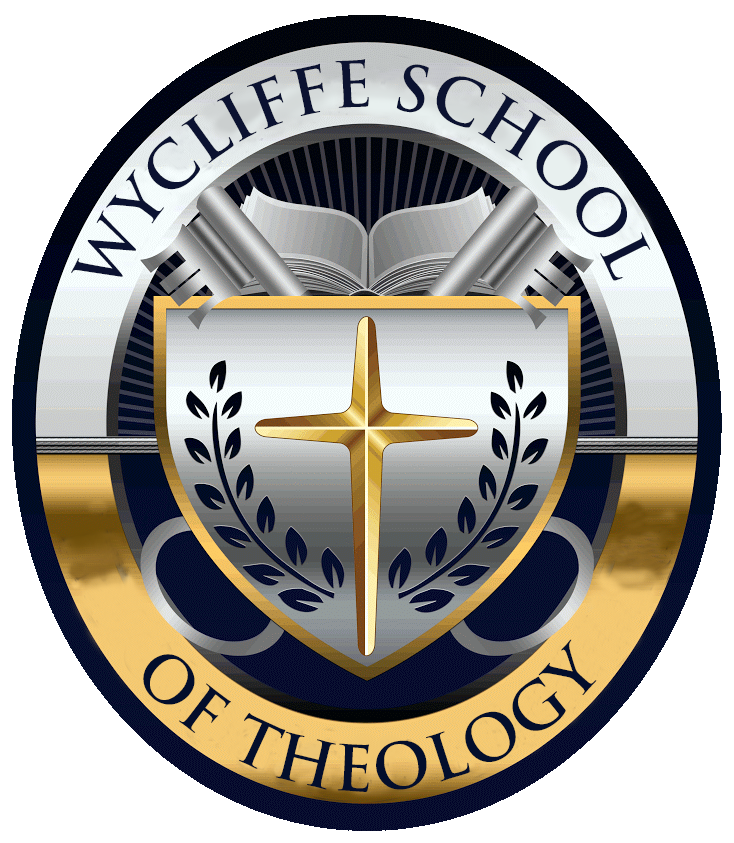The Doctrine of Eschatology
The Doctrine of Eschatology belongs to the branch of theology dealing with “last things.” The word is taken from the Greek eschatos (last) plus ology. Thus the truth embraced in eschatology concerns the final things of the ages. Though few theologians (if there be such people) of the older order would agree with me, the doctrine of eschatology in my opinion should include not only the second advent of Christ, but His first advent as well, since the two advents are really one. It includes the truth concerning the wheat and the tares, the second coming of Christ, the resurrection of the just, the judgment seat of Christ, the judgment of the nations, the millennial kingdom, the New Jerusalem, the resurrection of the unjust, the white throne judgment, the dispensation of the fullness of times, and the new heaven and the new earth.
From the inspired writing of the book of Hebrews we have this remarkable statement concerning the coming of Christ, showing the purpose of His first appearing and also the purpose of His second appearing: “But now once in the end of the world hath He appeared to put away sin by the sacrifice of Himself… and unto them that look for Him shall He appear the second time without sin unto salvation.” Heb. 9:26, 28.
Concerning the Doctrine of Eschatology, no man will ever be able to properly understand the Bible until he is able to see its message as one grand whole. All the things that have ever happened throughout the pages of Holy Scripture must be seen as integral parts of each other. Those who search for truth must be able to stand in the spirit with the Father before the foundation of the ages to behold through His all-seeing eyes the progress of His eternal purposes from the beginning of the creation to the culmination of the majestic plan. When the devout student does this, he will not be looking at a host of hit and miss tactics as the blundering experiments of a frustrated God, nor will he see a whole series of trials and errors, failures and successes, but his wondering eyes will behold one great and glorious purpose, conceived in the heart of God before the ages began, unfolding as a flower irresistibly, irretrievably, and unswerving as each successive age and dispensation reveals its own aionian purpose.
Also concerning the Doctrine of Eschatology, I take strong and uncompromising exception to the unwise teaching of so many would-be theologians who see in Eden a failure, a breach and a rift in God’s intention. That the plan of an all-wise, almighty God could be thwarted by the efforts of some lesser creature who is neither all-wise nor all-powerful is unthinkable. This serpent creature was not almighty, but merely a tool in the hand of God without which eternal purposes could not be accomplished. Further, these theologians go on to show that, innocence having been proved a failure, the Lord placed man under conscience. This also proved to be a failure, so man was next placed under human government. This plan failed also. Next God chose Abraham and his seed to be the people of God, placing them under a perfect law, but this also failed, the upshot of this experiment being that God discarded both the law and His people and brought in a new idea through the dispensation of grace. Not many of these theologians have been hardy enough to suggest that grace also failed, yet, if their line of reasoning is correct, surely grace must have failed also, because the evidence of an unconverted, unregenerated world is everywhere about us. Christians lustily sing, “Jesus never fails”, during the song service, then listen to the preacher describe a long list of failures during the sermon. Surely this is a contradiction. As long as we hold to this hit and miss type of understanding, we will never grasp the truth of scripture nor the eternal purposes of the Most High.The Doctrine of Eschatology by George Hawtin
